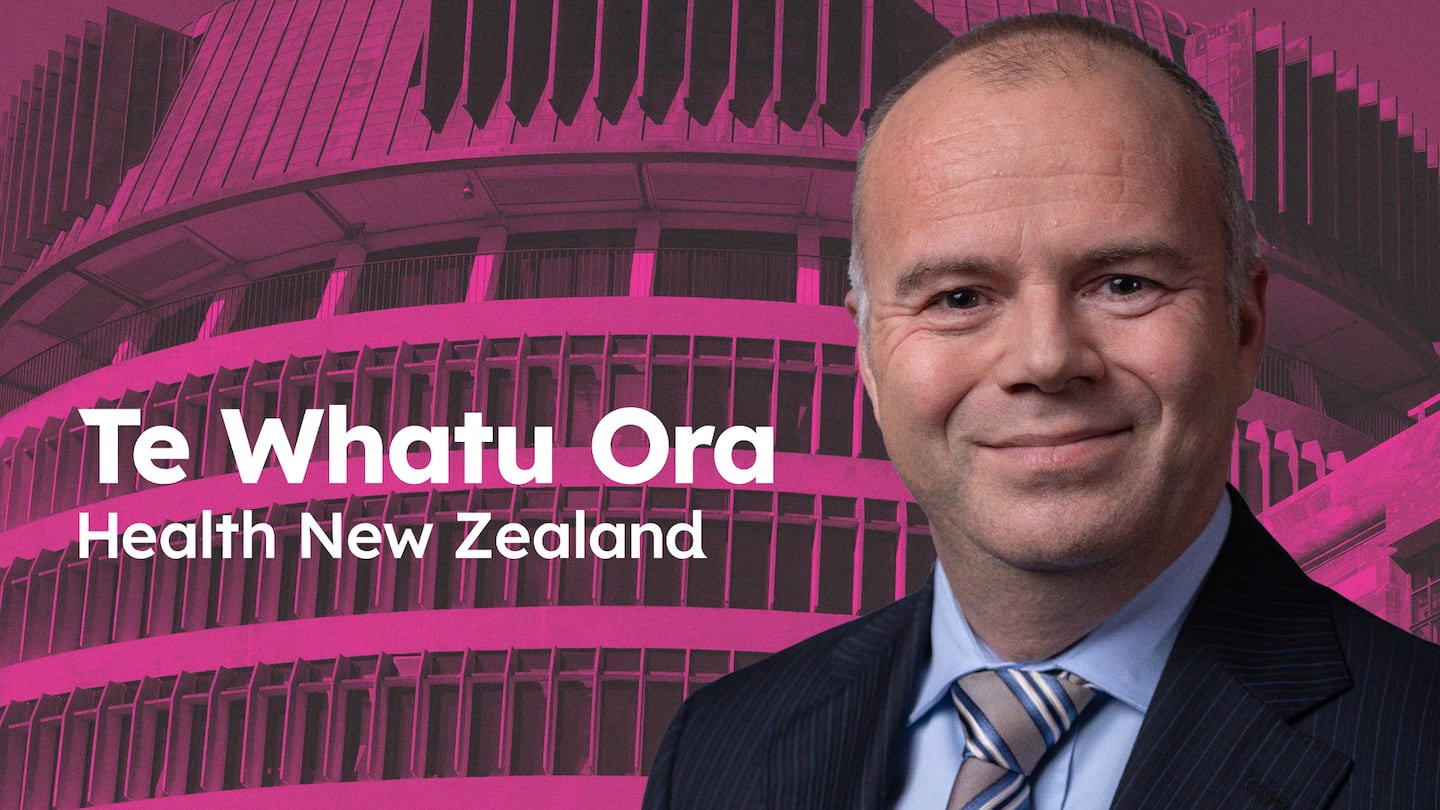ACT was caught with its foot in its mouth this week after taking to social media to criticise Te Whatu Ora for encouraging daily karakia.
“To be clear, if someone wants to pray on their own time, that is their business. But they shouldn’t be paid or encouraged to do it by a government department,” ACT wrote in a social media post attributed to its health spokesperson Todd Stephenson.
But MPs are required to listen to a prayer before every parliamentary session, which is read by the Speaker.
Te Ao Māori News asked Stephenson for comment on the difference between a karakia and a prayer. We also asked: “If you are so opposed to karakia, will you oppose the prayer said in Parliament?”
We asked for a reply by 4pm to meet our publishing deadline.
At 5pm Stephenson adroitly replied: “I’m personally open to making changes to the parliamentary prayer.”
According to ACT, a leaked email to Te Whatu Ora staff reads:
We encourage everyone to incorporate karakia daily. To help support you with this we have created some pre-recorded videos to learn karakia. Our resource is designed to give you some options that will enable you to learn and develop your confidence and skills. Note over time we will be adding more recordings for you to choose from.”
— Te Whatu Ora Health New Zealand | Email to staff
ACT said Te Whatu Ora should have a “singleminded focus” on its health priorities, and called the encouragement of staff to join daily karakia, “a complete distraction from the important work New Zealanders require that department to do“.
“Encouraging staff to pray during work hours detracts from that goal and is paid for by struggling taxpayers.”
The comments also said MPs had “heard many unconfirmed reports that government departments are encouraging staff to do karakia.”
“If true, it is outrageous.”
Te Whatu Ora responds
Health NZ chief executive Margie Apa said many teams chose to begin their day and meetings with karakia but it was a resource offered as an option.
“We do much of our work in teams and join up across our services as teams of teams to deliver care. How our people connect with each other is where value is created for patients.
“We have a range of resources in the organisation that support teams to build ways of working that recognises this, and karakia is one of those resources.”
Apa said it was not a required practice but Health NZ encouraged reflection when their teams gathered to ensure collaboration and were aligned on how they can make a difference for patients.



